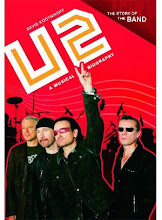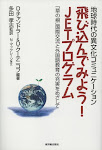Poster of Chief Executive Donald Tsang as a communist Uncle Sam made by the group, "It's them, you and me."I've been living in Hong Kong for almost 10 years and while the city's skyline is constantly changing, underlying conditions have remained the same, and in some cases have worsened. The statistics are staggering - Hong Kong has one of the widest wealth gaps in the world, the most Rolls Royce's per capita and the most millionaires per square mile, according to Forbes. Yet this filthy rich town is still without a minimum wage - McDonald's and other fast food restaurants pay HK $21 an hour, which is only about CAN $2.69...and it's LEGAL!
(courtesy of Christopher DeWolf)One result of this disparity has been the rise of these "cage homes." Official statistics show that for a population of 7 million there are 150,000 Hong Kong people living in cages, cubicles, rooftop huts, hallways, benches, parks and streets. Government data from 2006 for licensed cage homes put the number at 29 apartments providing 1,292 cages for 878 people. The number is undoubtedly higher now.
It's baffling to see these seniors living in such dire poverty amid Hong Kong's opulence. More so when the so-called Confucian values of respecting and taking care of the elderly are celebrated as Chinese virtues. Hong Kong's new budget was announced yesterday and it contained little in the way of alleviating poverty, addressing the expanding wealth gap or providing for seniors. The rabble is beginning to rouse, however, as witnessed in the anti-government graffiti springing up around town.
Poster skewering chief secretary Henry Tsang as a "Devil & a political reform killer".

































